Essential Brake Specs for the 2009 Jayco Jayflight 25BHS Travel Trailer
The 2009 Jayco Jayflight 25BHS travel trailer is a popular choice among outdoor enthusiasts who appreciate both comfort and durability. One critical aspect that every RV owner should be aware of is the brake specs, as they play a vital role in ensuring a safe towing experience. Understanding the essential brake specifications of your travel trailer will help you maintain your unit for peak performance. Here are key brake specifications and related details for the 2009 Jayco Jayflight 25BHS.
Brake Type
The 2009 Jayco Jayflight 25BHS is equipped with electric brakes. Electric brakes provide better control and responsiveness while towing. They are activated by the brake controller in the towing vehicle, allowing for a smoother deceleration and improved safety.
Brake Dimensions
Knowing the brake dimensions is essential for proper maintenance and replacement parts. The standard brake size for the 2009 Jayco Jayflight 25BHS includes:
- Brake Diameter: 10 inches
- Brake Width: 2 inches
Brake Controller Requirements
To efficiently operate the electric brakes on a 2009 Jayco Jayflight 25BHS, you’ll need to install a compatible brake controller in your towing vehicle. Here are some important points to consider:
- Make sure the brake controller is fully adjustable to suit your driving style and load conditions.
- Opt for a proportional brake controller to ensure that the braking power mirrors the pressure you apply on your vehicle’s brakes.
- Popular brands include Tekonsha and CURT, renowned for their durability and reliability.
Wiring and Connections
The wiring setup is crucial for the effective functioning of the trailer’s braking system. Ensure proper connections as follows:
- Use a 7-pin trailer connector for seamless wiring integration.
- Check all connections regularly to avoid any wear and tear.
- Consult the owner’s manual for wiring diagrams and instructions specific to the 2009 Jayco Jayflight 25BHS.
Brake Maintenance Tips
Routine maintenance ensures that your braking system operates smoothly. Here are some actionable maintenance tips:
- Inspect brake pads regularly for wear. Replace them when they show signs of thinning.
- Check the brake wiring for fraying or corrosion.
- Adjust the brake shoes regularly to ensure they maintain contact with the brake drum.
- Lubricate moving parts to avoid rust and ensure smooth operation.
Load Capacity and its Impact on Braking
The weight of your cargo significantly influences the braking performance. Here are some essential load capacity guidelines:
| Load Type | Max Weight (lbs) | Comments |
|---|---|---|
| Dry Weight | 5,650 | This is the weight of the trailer without any cargo. |
| GVWR | 7,200 | The maximum safe weight including cargo and passengers. |
Never exceed this limit, as doing so could compromise the effectiveness of the brakes and potentially lead to dangerous situations.
Regulatory Compliance
Make sure to comply with all local and federal regulations regarding trailer brakes. The 2009 Jayco Jayflight 25BHS adheres to FMVSS standards, which require that trailers must have functioning breakaway systems. Regular checks will help ensure these systems work correctly, providing added peace of mind during travels.
For further information and specifications related to your travel trailer, you can also visit Jayco’s official website. This site offers detailed guides on maintenance and troubleshooting, ensuring you have all the resources you need to keep your 2009 Jayflight 25BHS in optimal condition.
Being proactive in understanding the brake specs of your 2009 Jayco Jayflight 25BHS travel trailer can make a significant difference in your driving safety and overall camping experience. Always stay informed and conduct regular inspections to ensure a worry-free journey.
Understanding Trailer Brake Systems and Their Importance
When it comes to towing a travel trailer, understanding the brake system is crucial. The brake system plays a significant role in ensuring your safety on the road, especially with larger trailers like the 2009 Jayco Jay Flight 25BHS. A well-functioning brake system can mean the difference between a smooth journey and a perilous one.
Trailer brake systems primarily come in two types: electric and hydraulic. Both systems have their advantages and are suitable for different types of trailers. Knowing how these systems work helps you make informed decisions about maintenance and upgrades. Let’s explore both types:
- Electric Brake Systems: These systems are commonly used in modern trailers. They function using an electric current to activate the brakes. You control the brake force through a brake controller in the towing vehicle, giving you more adaptability when stopping margins vary.
- Hydraulic Brake Systems: Often found in older models or certain specialized trailers, hydraulic brakes use brake fluid to create pressure that activates the brakes. While these systems can be effective, they usually require more maintenance and attention to ensure optimal performance.
Choosing the right brake system comes down to the trailer’s weight and how you plan to use it. For heavier trailers like the 2009 Jayco Jay Flight 25BHS, electric brakes are often recommended due to their efficiency and the added control they provide.
Let’s break down some crucial specifications related to the brake systems in travel trailers, particularly focusing on the 2009 Jayco Jay Flight 25BHS.
| Brake Type | Weight Capacity | Braking Distance | Maintenance Needed |
|---|---|---|---|
| Electric | Up to 4,000 lbs | Varies; typically around 30 ft | Regular checks of brake controller |
| Hydraulic | Up to 7,000 lbs | Varies; can be longer than electric | Fluid level check and replacement needed |
Having adequate brakes is critical for the safety of both you and other road users. A properly functioning brake system reduces stopping distances and improves responsiveness, especially when descending hills or making sudden stops. In a travel trailer like the 2009 Jayco Jay Flight 25BHS, the weight can significantly affect braking performance, making it essential to maintain your brake system regularly.
Here are some essential maintenance tips to keep in mind for your trailer brake system:
- Regularly inspect brake pads for wear and replace them as necessary.
- Check fluid levels and replace hydraulic fluid annually if you have a hydraulic system.
- Test your electric brake controller frequently to ensure it is functioning as expected.
- Examine wiring for signs of wear or corrosion, particularly in electric brake systems.
If you do experience issues, it is vital to address them immediately. Delayed responses to brake problems can lead to more severe damages or even accidents. Depending on your mechanical skills, consider consulting with a professional or resources related to your specific trailer.
Understanding the specifics of your trailer’s brake system leads to safer journeys and a better overall towing experience. For in-depth insights on travel trailers and their braking systems, you can check resources like RV Travel or Trailer Life. Both offer valuable content for RV enthusiasts eager to learn more about safely operating their vehicles.
Comprehending your trailer’s brake systems and their importance is vital. Proper maintenance and understanding of how your brake system operates can significantly enhance your safety while out on the open road.
Common Issues with Travel Trailer Brakes and How to Fix Them
Brakes are a critical component of any travel trailer, ensuring safety on the road. However, many owners experience issues with their trailer brakes, which can lead to unsafe driving conditions. Being aware of common problems and their solutions can help maintain your trailer’s braking system effectively.
Common Brake Issues in Travel Trailers
Understanding the typical problems that arise with travel trailer brakes can help you identify them early. Here are some frequent brake issues you may encounter:
- Worn Brake Pads: Over time, brake pads can wear down, reducing their effectiveness.
- Brake Controller Malfunctions: An issue with the brake controller can cause uneven braking.
- Corrosion: Rust and corrosion can seize brake components, preventing proper function.
- Bad Wiring: Damaged or frayed wiring can interrupt power to the brakes, causing failure.
- Lack of Lubrication: Missing lubrication on brake components can lead to sticking or noise.
How to Diagnose Brake Problems
Identifying the root cause of brake issues can seem daunting. However, these steps can make the process easier:
- Visual Inspection: Regularly inspect the brake pads and rotors for wear or damage.
- Listen for Noises: Pay attention to squeaking or grinding sounds while braking.
- Check Brake Controller: Ensure the brake controller settings match your vehicle and trailer specifications.
- Test Braking System: While driving, perform a quick brake check in a safe area to assess brake response.
Solutions for Travel Trailer Brake Issues
If you notice any of the above issues, here are methods to fix them:
Worn Brake Pads
To replace worn brake pads, follow these simple steps:
- Lift the trailer and secure it on jack stands.
- Remove the wheel to access the brake assembly.
- Take out the old brake pads and replace them with new ones, ensuring they are properly aligned.
- Reassemble the wheel and lower the trailer.
Brake Controller Malfunctions
If the brake controller doesn’t work, check:
- The wiring connections between the controller and the trailer.
- The settings on the controller; they may need adjustment for optimal performance.
- For a malfunctioning controller, consider replacing it with a new one.
Corrosion Issues
Cleansing corroded parts can often fix the problem. Here’s how:
- Disconnect the brake system for safety.
- Use a wire brush to remove rust from brake components.
- Apply a rust inhibitor to prolong the lifespan of brake parts.
Maintaining Your Travel Trailer Brakes
Regular maintenance is key to preventing brake issues:
- Inspect Regularly: Schedule brake inspections every few months.
- Lubricate Moving Parts: Use a lubricant on the brake components to ensure they function smoothly.
When to Seek Professional Help
If brake issues persist despite your best efforts, it may be time to consult an expert. Professional mechanics can diagnose and repair complex issues that may not be evident during a DIY inspection. For reliable service, consider reaching out to specialized services like RV Repair Club or RV Tech Magazine.
Keep your travel trailer brakes in top condition, as it’s crucial for your safety on the road. Regular inspections and timely fixes can significantly extend the longevity of your trailer’s braking system. You can enjoy countless road trips with peace of mind by being proactive.

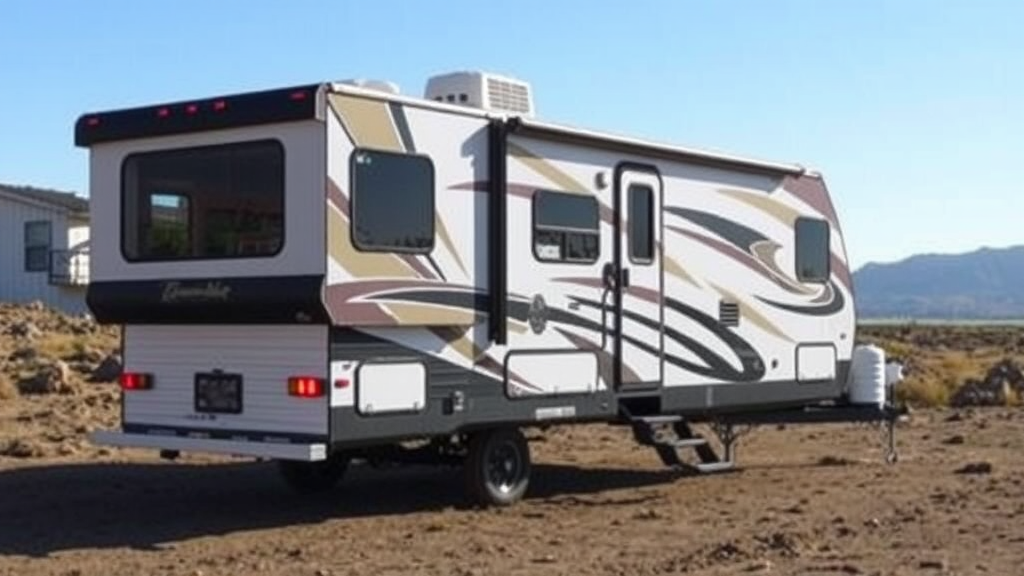
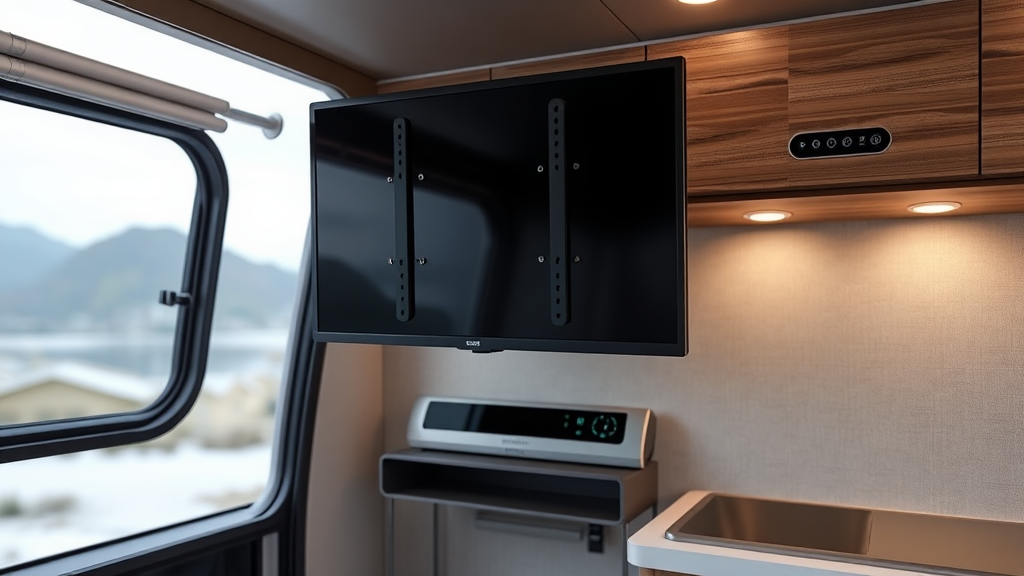
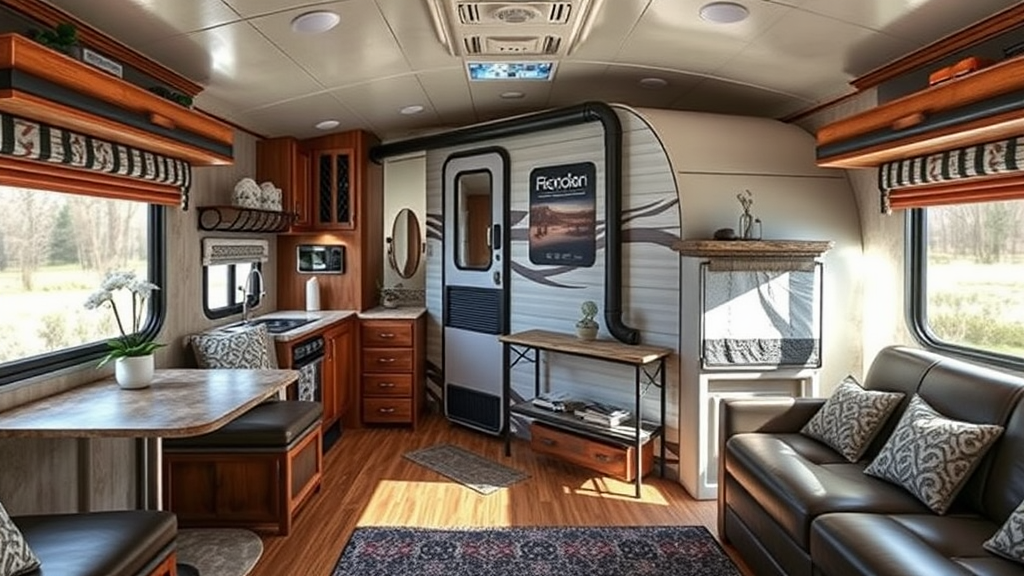
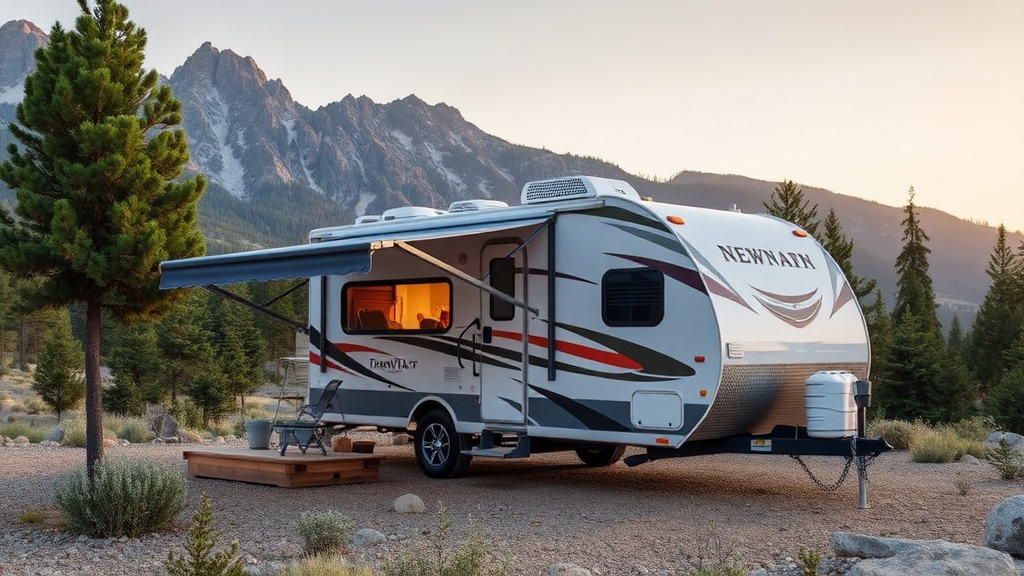
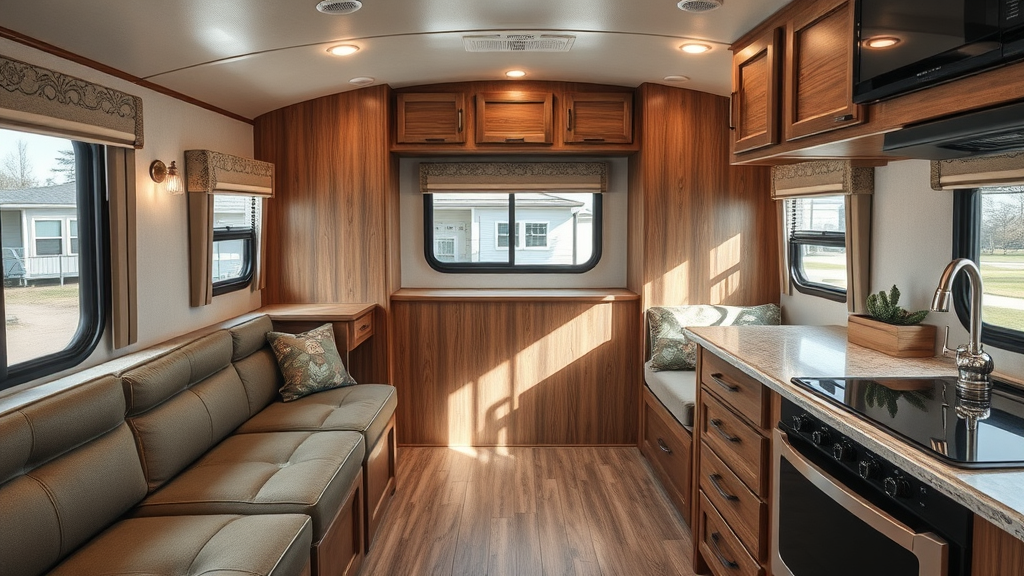
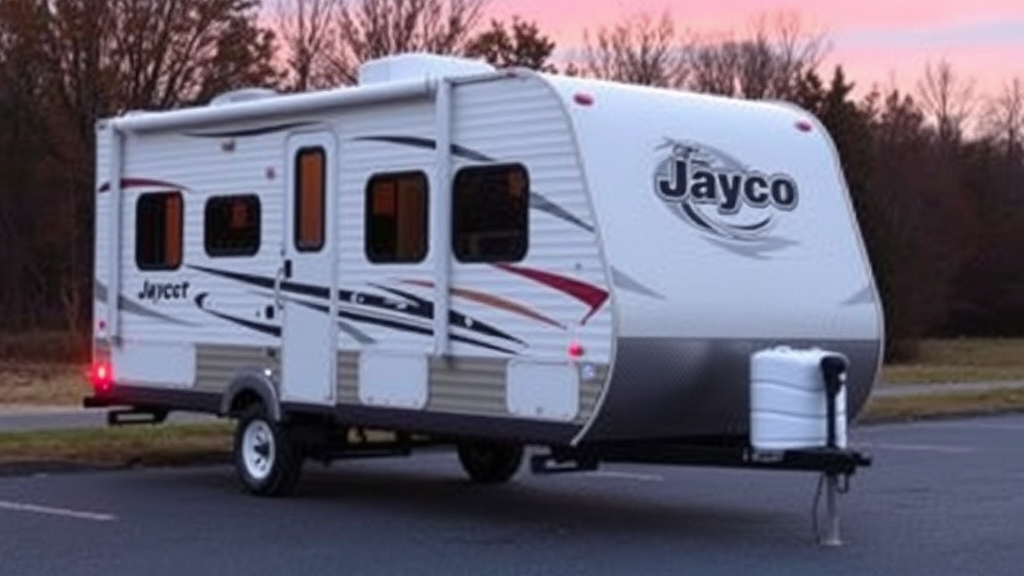
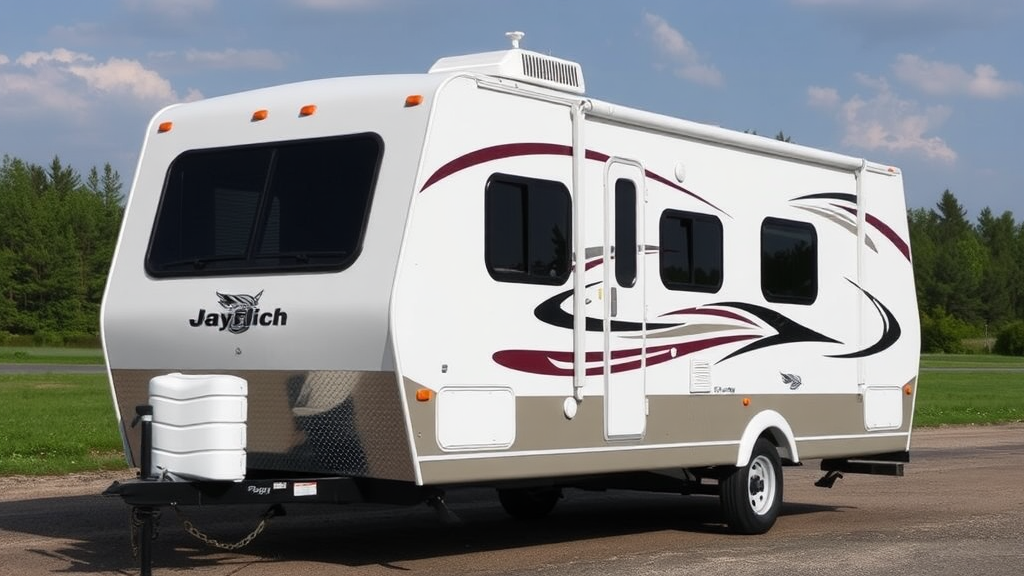
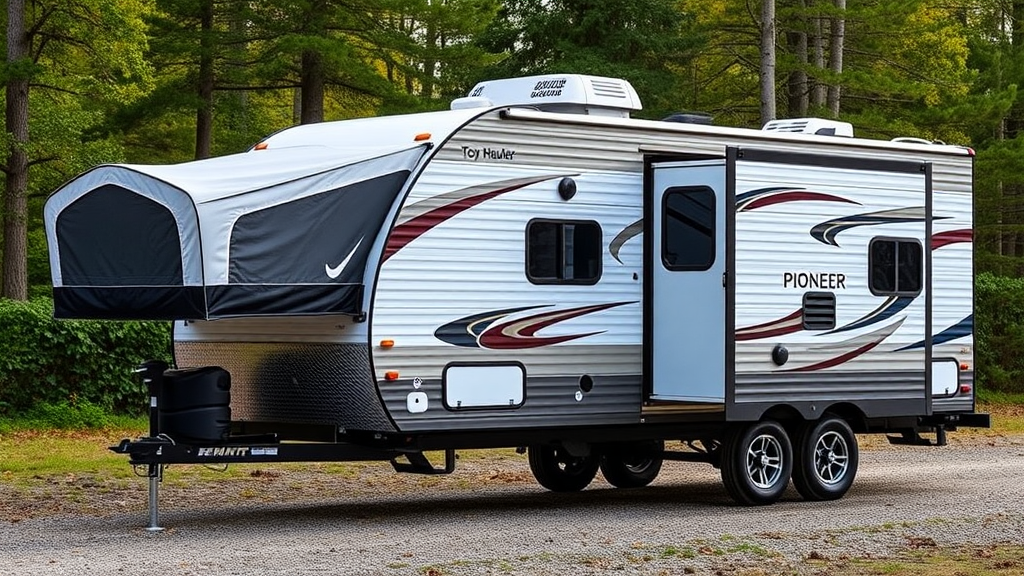
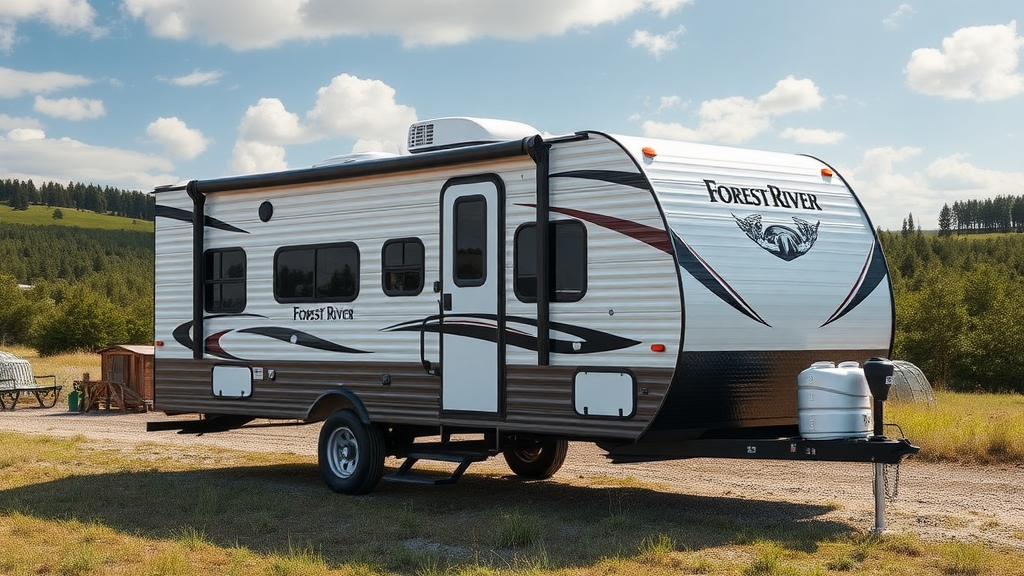
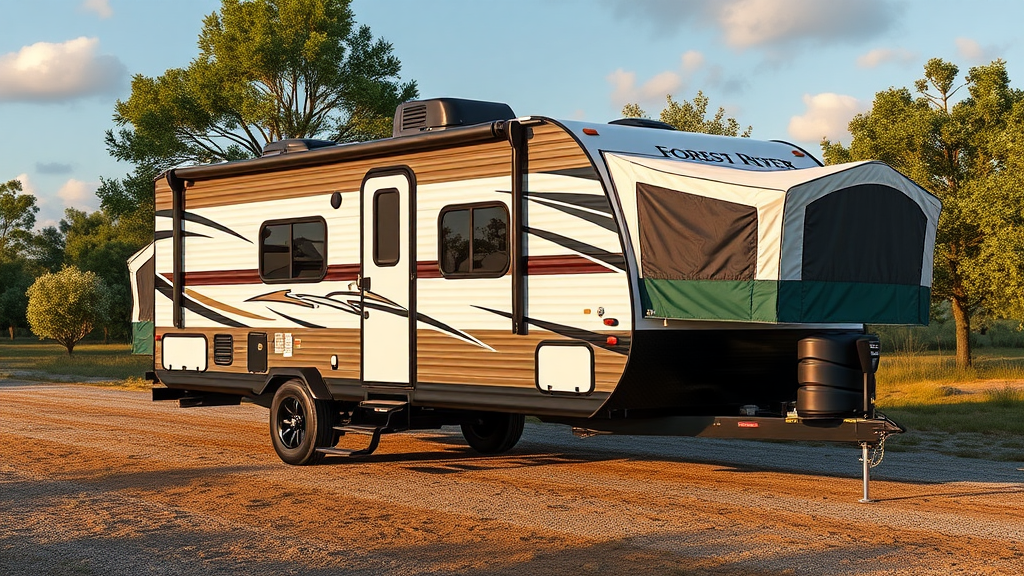




Leave a Reply